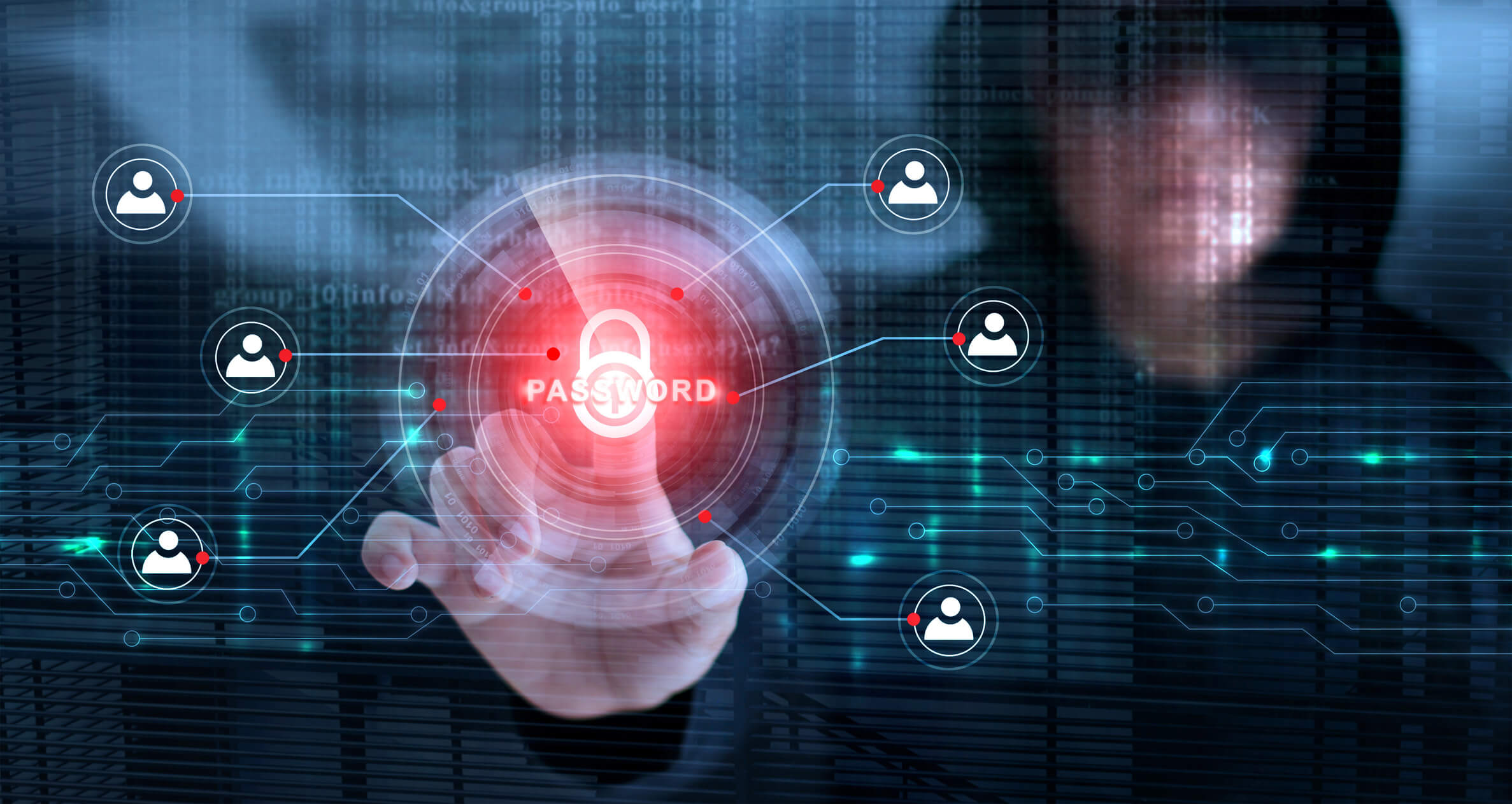
When you think of data security, what comes to mind first? Because of how prominent computer and smartphone use has become in day-to-day and working life, many people first think about the security of their electronic data. While physical data security is equally as vital, the natural tendency to look towards electronic data is well-founded; electronic data security is simply vital for just about anyone who uses a computer or smartphone.
Take a moment to think about this question; how much information is stored on your computer or phone? Have you ever input or typed out any sensitive information on your computer or smartphone? If your answer to either of those questions is yes, then cyber security is something you should be paying serious attention to; as a failure to do so could expose sensitive information to thieves, fraudsters and others with malicious intent.
The reality is that you don’t even have to save any information on your device for it to be captured and stolen by someone. Cyber security is a highly critical component to any individual or organization’s data security plan.
What is “Cyber Security”?
Let’s step back to define what cyber security is. Cyber security is simply the protection of electronic devices from damage, corruption or theft of software and electronic information.
With an increased reliance on computers and phones for everyday work and life tasks, cyber security has become widely known for protecting users and their devices from allowing dangerous software to be installed. This software, known as malware, can be damaging to the device and the information that may be stored on it; things such as contacts, photos, videos and documents.
Some Examples of Malware
There are many different forms of malware that can collect and steal electronic information. Here are some of the types you may be familiar with, and some others that you should know about:
- Virus – A computer virus is a piece of software or code that can replicate itself across multiple devices. This software generally has the potential to destroy, steal or corrupt data that can render your entire device useless.
- Keylogger – These are a form of malware that, when installed on a device, can collect information of every single keystroke that is made into your keyboard. Put simply: keyloggers can collect anything you type on your computer or phone; no matter whether it is saved or not. They can also be difficult to locate, as there often isn’t any signs when they are installed. Anti-virus and anti-malware software can spot and destroy this nasty form of malware.
- Adware – A form of malware that can introduce advertisements across your computer. If you go to a website and notice more popup ads than usual, there is a chance your device is infected with adware. Adware is also commonly found to contain spyware, which can monitor and collect information from your computer without any sign or warning.
- Work – Perhaps one of the most common types of malware, worms, spread over computer networks to infect large swaths of devices. As with other malware, they commonly contain code designed to steal and destroy data and spread itself further. Unlike viruses, worms can replicate without the need for user input.
These are just some of the many types of malware that can be found out there. With so many damaging risks that can be found online, it’s important to really take cyber security seriously. Have you ever wondered how you would be able to cope if all your electronic data was taken away from you?
Physical Data Security
Tri-State Shredding offers professional shredding services that go beyond paper: we can even help protect your electronic data with our hard drive destruction services. The reality is that simply deleting a file doesn’t necessarily make it disappear forever; the same way physically destroying a hard drive does.
If you’re in need of an affordable and professional shredding partner that has your back, look no further. Talk to us today to learn more about our shredding services and availability!
